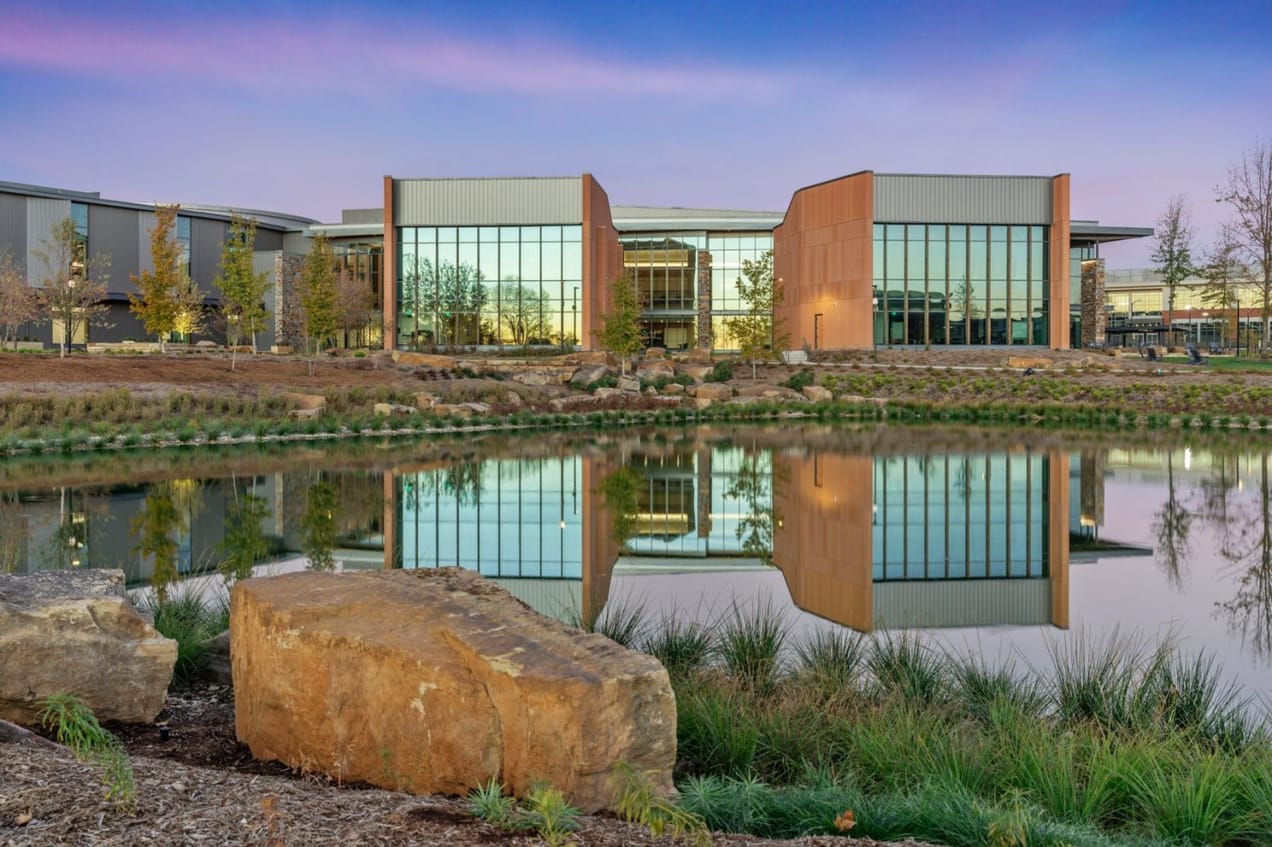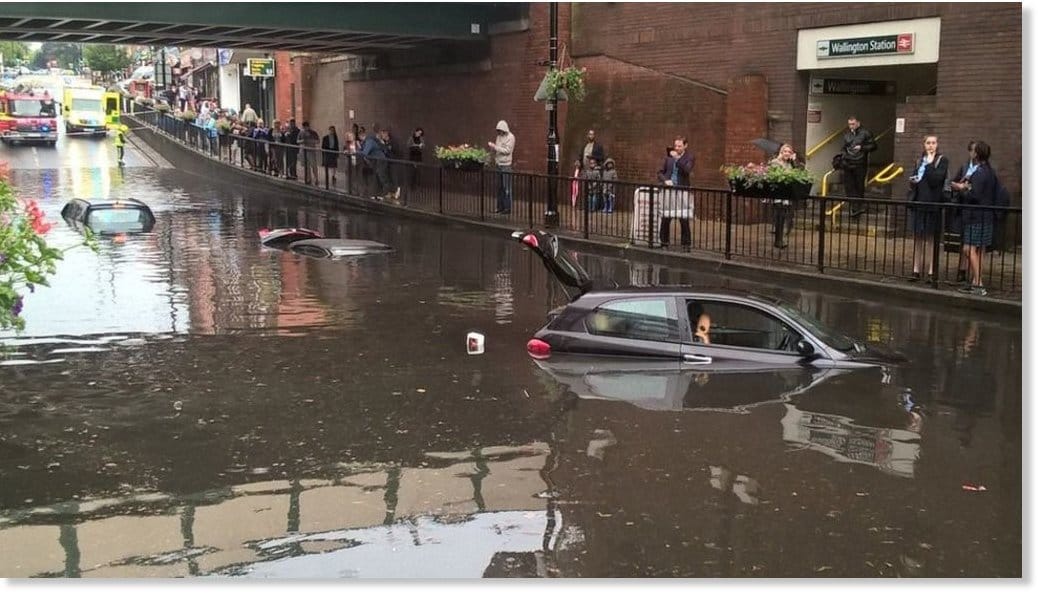
Should London become a sponge city, and who pays?
Do we need to rethink surface flood protection in our cities, and if so who pays? Over the last few years London, like many cities around the world, has been hit by a series of disruptive and expensive floods, mostly caused by intense heavy rain falling on impervious sources such as concrete.
Do we need to rethink surface flood protection in our cities, and if so who pays? Over the last few years London, like many other cities around the world, has been hit by a series of disruptive and expensive floods, mostly caused by intense heavy rain falling on impervious sources such as concrete. The rain water has nowhere to go, as the storm water system rapidly backs up. And surface flooding is the result.

And Professor Lizzie Kendon from the Met Office told the BBC that storms capable of causing flash flooding "are expected to be four times more frequent in the future under a high-emission scenario". This is going to happen more & more often.
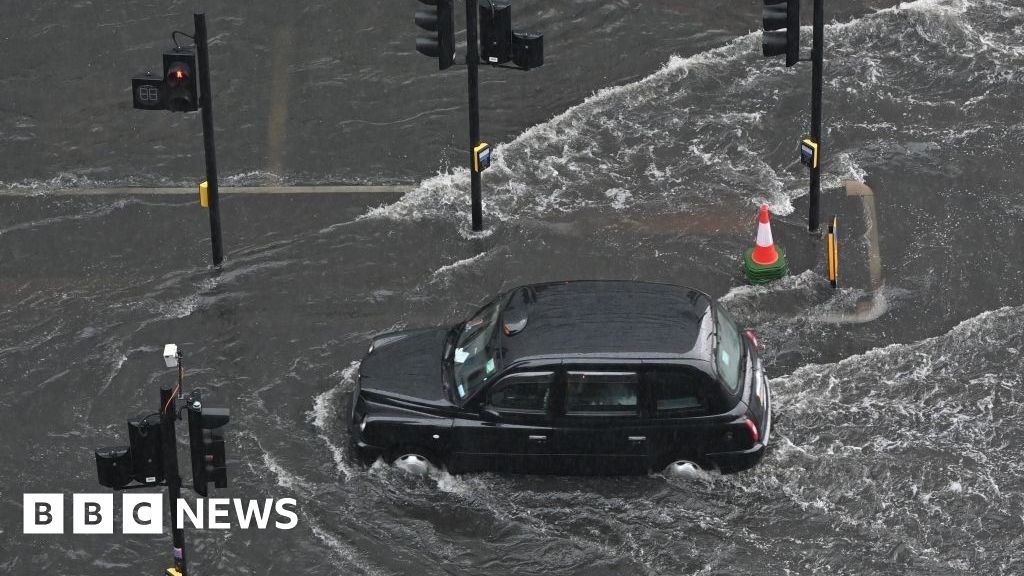
One solution is to give the water somewhere to go.
We could make our storm water systems much bigger, but that would be very expensive, and if you follow the debacle that is the UK water industry, it's hard to see the funding being found for this.
But there are potentially better solutions
The other set of solutions are grouped under the general heading of sponge cities. The idea behind them is simple, and not dissimilar to the old concept of water meadows. You mitigate surface flooding by using green spaces like parks and wetlands, and blue spaces like ponds and rivers, to lower the amount of excess rainwater entering the stormwater system.
And this doesn't have to be on a grand scale. Yes, parks and lakes are important. But smaller scale projects such as 'swales' can also make a difference.
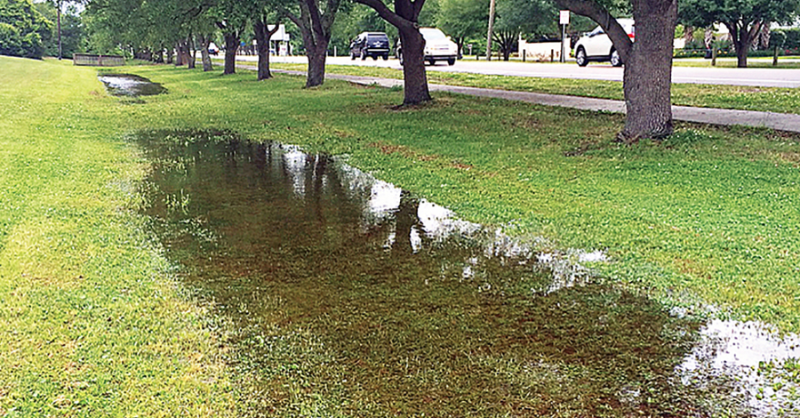
What is a swale ? It's a shallow ditch, often alongside a road, that is designed to hold the water draining off houses, driveways and gardens. The water drains into the swales and is held there to gradually infiltrate into the land. Cheaper and easier to build.
This doesn't just apply to London. A recent report from the engineering consultancy Arup, looked at the 'sponginess' of 8 cities across the world, from the densely packed Mumbai, to the dispersed city of Auckland in New Zealand. London scored badly, at an index score of 22%. This compares with Auckland at 35%. But nowhere scored highly, this is a global challenge.
But - who pays?
Fixing this is a good idea, and we seem to have a half decent solution in sponge cities. But who pays for this? As we pointed out above, our water companies would struggle to fund this quickly. And local government is already badly stretched.
Maybe the answer is an insurance levy. We all pay in our household and property insurance and the industry gets the work done. And they benefit from lower claims.
If you think this is just a dream, it's worth checking out this blog, that talks about insurance company QBE's Premiums4Good programme. Under this a proportion of their premiums are invested in projects that create social and environmental impact whilst making a financial return.
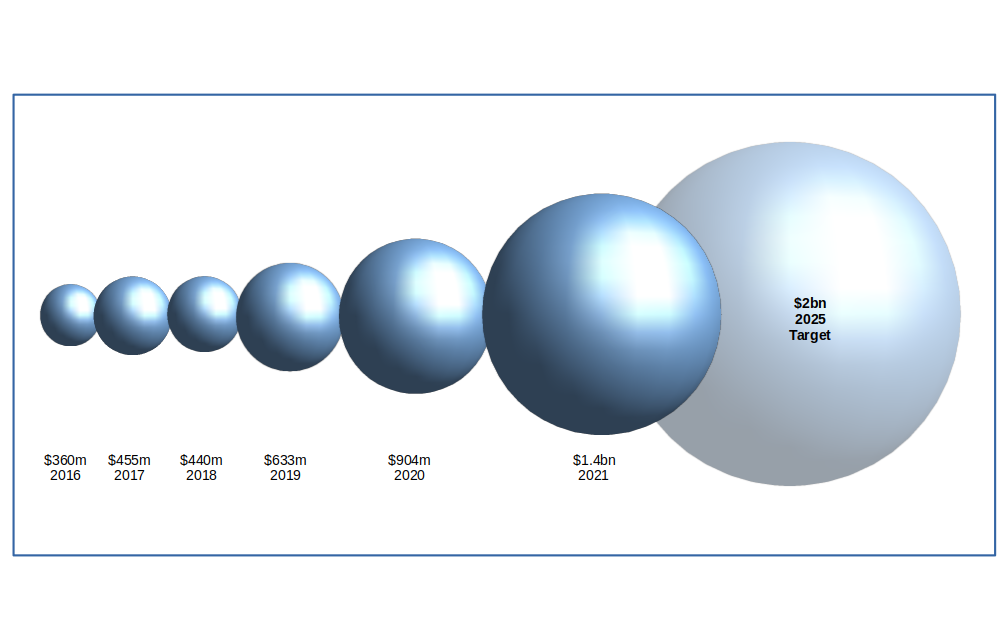
As of 31 December 2021, QBE had invested US$1.4 billion, with a target of investing US$2 billion by 2025.
And just in case you think we are just repeating the BBC story, we wrote about these topics and the Arup report back in May 2023, where we discussed swales, sustainable urban drainage, and pointed out, this is not a perfect solution. It cannot stop all floods.
Link to blog 👇🏾
Why does our sewerage end up dumped in our rivers
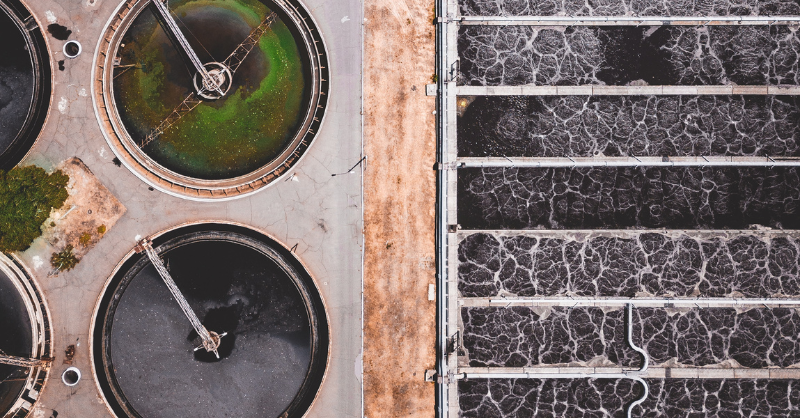
This article featured in What Caught Our Eye, a weekly email featuring stories we found particularly interesting during the week and why. Sign up to get What Caught our Eye & Sunday Brunch delivered direct to their email inbox every week.
Something a little more bespoke?
Get in touch if there is a particular topic you would like us to write on. Just for you.
Contact us
Please read: important legal stuff.



